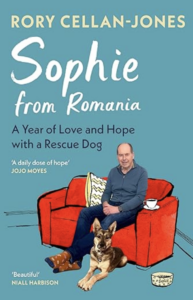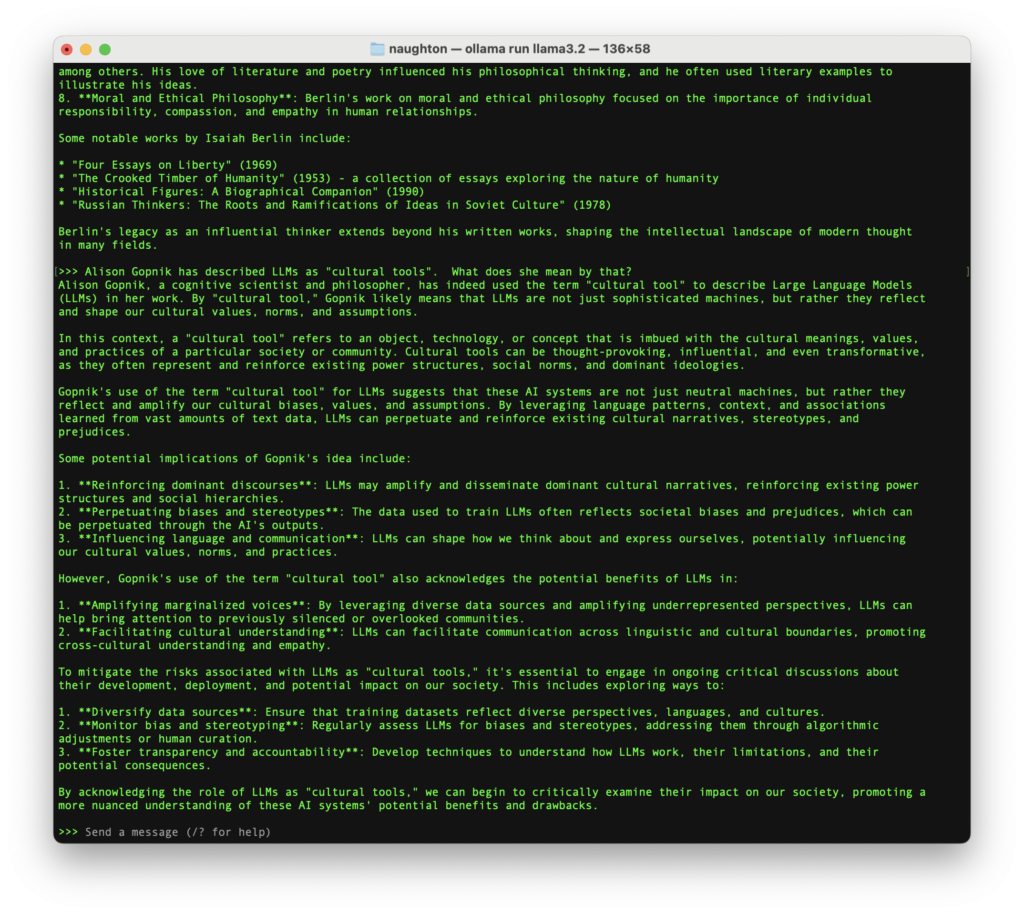Why I buy Private Eye

Quote of the Day
“We look at the present through a rear view mirror. We march backwards into the future.”
- Marshall McLuhan
Musical alternative to the morning’s radio news
Randy Newman | You’ve Got a Friend in Me
Long Read of the Day
On Writing
Helen Lewis is IMO one of the best long-form journalists writing today. She’s also a very reflective thinker about the craft of journalism, which is why I wanted to highlight this guide which she published last March.
Here’s a sample:
Don’t be braver on the page. What I mean by this is—if you plan to make a spicy observation about someone in your copy, make it to their face. Give them a chance to respond, first of all, and not to feel misled by your approach. (Don’t be nice as pie to an interviewee and go to your laptop and zing them, it’s not fair.) Also, confrontations done right are clarifying: your interviewee might offer a perspective you hadn’t considered, or an insight into their own life. They might even change your mind.
Don’t save people from themselves (too much). As a writer, you have an ethical responsibility to people you write about: don’t lie about them, don’t set them up, don’t mischaracterise them. But also: don’t impose your values onto them. If you are talking to an adult and they tell you something that makes you uncomfortable—about their private medical history, past addiction, odd sexual fetish—resist the urge to tidy that away.
Instead, repeat it back to them and see if they panic horribly because they said it to a journalist, or in fact if they wanted you to know, because they are trying to smash the stigma around depression, or they are an adult diaper activist, or whatever it might be. Just because you wouldn’t want to talk to a stranger about your rape, don’t make that decision for someone else.
She also very good on how to use notebooks, and what to remember just after you’ve done a long interview.
Hope you enjoy this as much as I did.
Books, etc.

We’re cat people, not dog people, but I bought Rory Cellan Jones’s book about the experiences he and his family have had after adopting a terrified rescue dog (Sophie) from Romania. It turned out to be a great read, not just because it was a salutary tale about what you let yourself in for when adopting a rescue dog, but also because it’s also about how Rory is dealing with Parkinson’s and the remarkable podcast series he started with several friends who also have the condition. It has a really clever title: Movers and Shakers!
My commonplace booklet
In Microsoft’s early days the software teams had a rule about “eating your own dog food”, by which they meant that you shouldn’t release anything that you wouldn’t use yourself. My version of that is that one should use software and services that one writes about.
Ever since advent of LLMs I’ve been trying to do that with AI, so I use a few of the big models regularly. In most cases, that involves a certain amount of bad faith, in the sense that I know that using them uses more energy and generates more emissions that most other uses of the cloud.
But recently I bought one of the new high-end MacBook Pros with Apple silicon enables me to run a couple of LLMs — Llama 3.2 and Deepseek-R1 — on my desk. It’s an interesting experience which I’ll write about eventually.

The only problem is that the AI tool I like best — Google’s NotebookLM — runs in one’s browser (and therefore in the cloud), with attendant environmental downsides. It’s terrific, though, because it was clearly designed with the needs of writers in mind. So it was interesting to learn yesterday, when watching an FT interview with Demis Hassabis, that it’s his favourite AI tool too.
This Blog is also available as an email three days a week. If you think that might suit you better, why not subscribe? One email on Mondays, Wednesdays and Fridays delivered to your inbox at 6am UK time. It’s free, and you can always unsubscribe if you conclude your inbox is full enough already!
